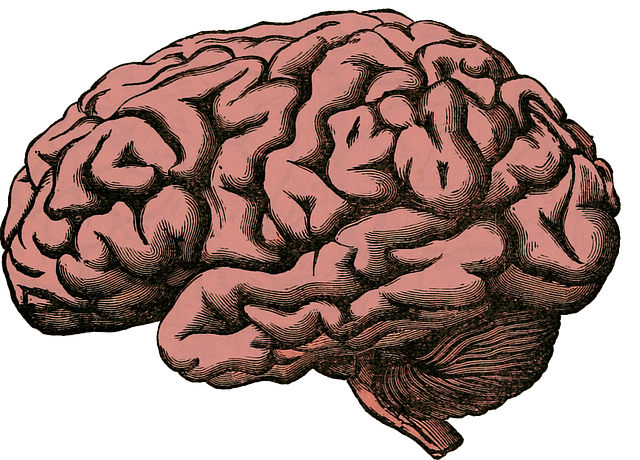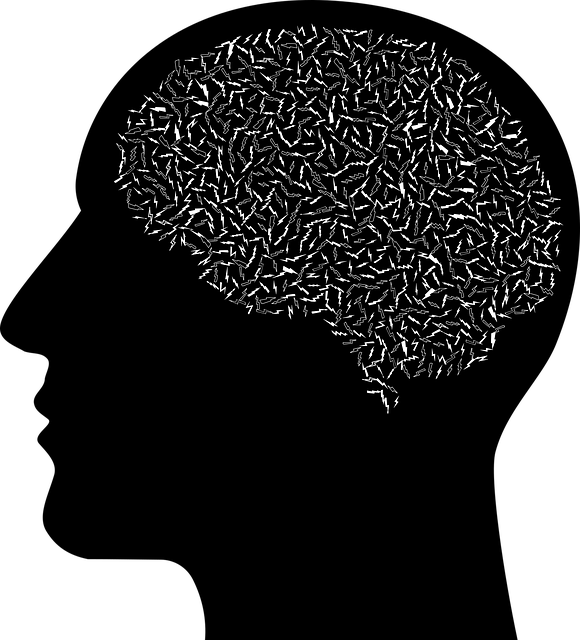Greenwood Village Trauma Therapy evaluates its mental wellness programs using both quantitative data (surveys, test scores) and qualitative feedback (interviews, reflections) to assess program success and participant experiences. Their collaborative approach involves stakeholder engagement, refining programs like Stress Reduction and Conflict Resolution training based on feedback. Holistic tracking methods, including self-awareness exercises and community outreach, ensure personalized support and long-lasting mental wellness outcomes.
Evaluating mental wellness programs is crucial for ensuring their effectiveness and impact on participants’ lives. This article explores diverse evaluation methods, focusing on Greenwood Village Trauma Therapy’s approach. We delve into assessing program impact through both quantitative data analysis and qualitative insights from clients. Additionally, we examine stakeholder engagement strategies to gather valuable feedback for continuous improvement. By examining these techniques, readers gain valuable insights into measuring success and identifying areas for growth within mental health initiatives, such as Greenwood Village Trauma Therapy.
- Assessing Program Impact: Quantitative and Qualitative Approaches
- Stakeholder Engagement: Gathering Feedback for Improvement
- Tracking Progress: Measuring Success and Identifying Areas for Growth with Greenwood Village Trauma Therapy
Assessing Program Impact: Quantitative and Qualitative Approaches

Evaluating the impact of a mental wellness program is a multifaceted process that blends quantitative and qualitative methods to gain a comprehensive understanding of its effectiveness. Quantitative approaches involve statistical analysis of data such as surveys, tests scores, and attendance records, providing measurable insights into improvements in symptoms, engagement levels, and overall program success. For instance, at Greenwood Village Trauma Therapy, researchers might track reductions in anxiety or depression scores over time among participants.
Qualitative methods, on the other hand, delve deeper into individual experiences, offering nuanced perspectives on changes in self-care practices, self-esteem improvement, and communication strategies. Interviews, focus groups, and participant reflections allow for an exploration of personal growth, challenges faced, and how the program has influenced their lives. Integrating both approaches ensures a robust evaluation that not only quantifies outcomes but also captures the lived experiences of those who engage with mental wellness programs.
Stakeholder Engagement: Gathering Feedback for Improvement

Effective mental wellness program evaluation heavily relies on stakeholder engagement, particularly when it comes to gathering feedback for continuous improvement. At Greenwood Village Trauma Therapy, we foster an inclusive environment where individuals involved in our programs, from participants to family members, are encouraged to share their insights and experiences. This collaborative approach allows us to tailor our services and adapt to the evolving needs of our community.
By actively seeking feedback, we gain valuable perspectives on the impact of our Stress Reduction Methods, Positive Thinking workshops, and Conflict Resolution Techniques training. This data is instrumental in refining our programs, ensuring they remain effective and relevant. Stakeholder engagement not only enhances program quality but also cultivates a sense of ownership and trust among those we serve, strengthening our relationship with the community we aim to support.
Tracking Progress: Measuring Success and Identifying Areas for Growth with Greenwood Village Trauma Therapy

At Greenwood Village Trauma Therapy, we recognize that tracking progress is a critical component of any successful mental wellness program. Our approach involves comprehensive evaluation methods designed to measure success and identify areas for growth. By employing evidence-based practices and regular check-ins, we assess not only individual improvement but also the overall impact on our community. This holistic view allows us to tailor interventions effectively, ensuring that each person receives the support they need to thrive.
One of the key methods we utilize is ongoing assessment through self-awareness exercises tailored to each client’s unique needs. These exercises enable individuals to gain deeper insights into their thoughts, emotions, and behaviors, fostering greater self-understanding. Additionally, our Community Outreach Program Implementation plays a pivotal role in amplifying positive outcomes. By engaging with local communities, we create supportive networks that reinforce the therapy process, promoting long-lasting mental wellness and stress management strategies for all participants.
Evaluating mental wellness programs is a multifaceted process, as demonstrated by the diverse approaches discussed. Assessing impact through quantitative data, gathering qualitative insights from stakeholders, and tracking progress are all vital components of success. Taking lessons from Greenwood Village Trauma Therapy’s approach, we see that combining these methods enables not only the measurement of immediate program outcomes but also the identification of areas for improvement. This holistic evaluation is key to fostering effective mental wellness programs that truly make a positive impact on individuals’ lives.














